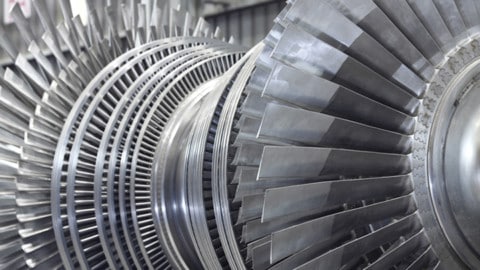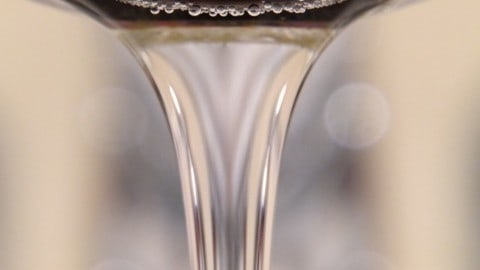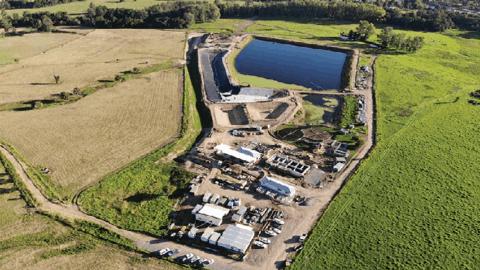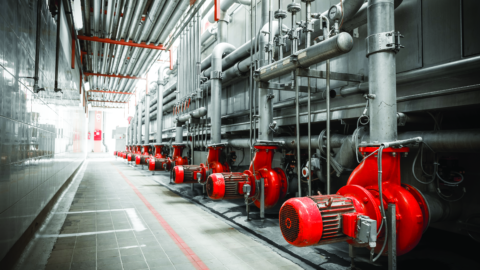The pump industry relies on expertise from a large and varied range of specialists, from experts in particular pump types to those with an intimate understanding of pump reliability; and from researchers who delve into the particulars of pump curves to experts in pump efficiency. To draw upon the wealth of expert knowledge the Australian pump industry has to offer, Pump Industry has established a panel of experts to answer all your pumping questions.
In this edition of Ask an Expert, we will look at custom-built progressive cavity (PC) pumps for oil and gas applications. The oil and gas industry uses PC pumps to convey sludge or oily water and in specific circumstances such as when light hydrocarbons raise the vapour pressure to a level where other pump types would cavitate.
Q: What credentials, product experience and services should a customer look for in a pump manufacturer?
A: Since oil and gas applications are complex with a high level of documentation, I recommend finding a reliable partner with many years of experience and high-quality products that excel in harsh conditions.
A manufacturer with a dedicated sales and project management team, or better still, a dedicated engineering and document handling team can provide first-class order processing capabilities for complex projects along with specification compliance and quality requirements typical of the industry. Local offices and partnerships in your region for quicker response times and more personalised service are key additions.
Q: What are the main reasons for using PC pumps in the petrochemical industry?
A: Manufacturers offer PC pumps, skids and systems for upstream, midstream and downstream applications. PC pumps are used in the oil and gas industry for the following main reasons:
- They provide stable performance regardless of viscosity or solids content (sand, slops, sludge, coke, catalyst, fibre) and are ideal for drain applications with polluted oily fluids of unpredictable composition and for crude oil transfer over a wide temperature range
- As they have the lowest shear rate of all pump types, they are often used to feed separators, since they do not cause emulsification of oil and water, which enables efficient separation
- They can handle the lowest NPSH and avoid/resist cavitation better than other pumps, which is useful with high vapour pressure hydrocarbon fluids
- They are the only positive displacement pumps that can be easily installed in a vertical, semi-submersed position in sumps or vessels
- They can handle very high and variable gas contents (up to 99.5 per cent gas) in multi-phase boosting systems, where they can even be used as a wet gas compressor
- They have a linear performance curve with capacity proportional to speed, which is excellent for dosing systems, in particular for the dosing of catalyst slurry
Q: Oil production presents many challenges to the producer. How are PC manufacturers helping them?
A: The focus must be on the best product quality. Premium manufacturers have pumps in their portfolio known for their reliability and good lifecycle costs, which customers appreciate. Long-term experience with the key applications allows them not only to meet the pumping challenges of the producers, but also to guide them towards the best overall solution.
Some manufacturers, such as SEEPEX with its BNA pump range – tailored to the oil and gas industry – offer as standard the best API compliance. They are also able and willing to customise their designs to the customer’s specifications.

The BNA pump from SEEPEX ensures compliance with API 676 and 682 while reducing overall costs in petrochemical applications.
Peter Vila, Managing Director of SEEPEX Australia, is a progressive cavity pump expert. He has been involved with pumps for over 40 years. Peter spent the first five years repairing pumps and the following 35 years in technical sales, 20 of which have been with SEEPEX progressive cavity pumps. For more information on progressive cavity pumps, please contact SEEPEX Australia on (02) 4355 4500 or at [email protected]

















